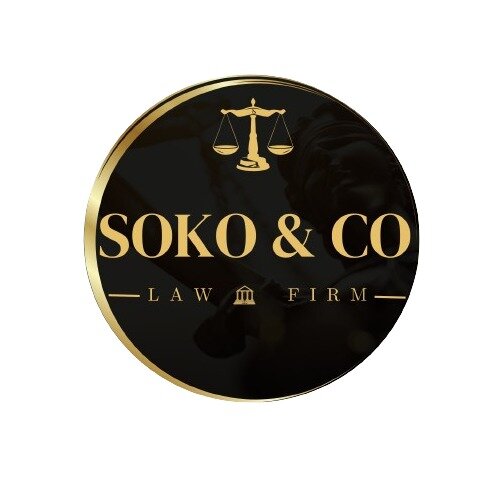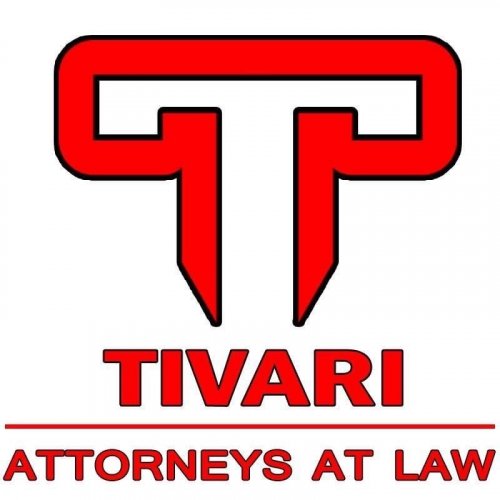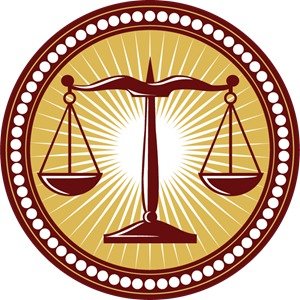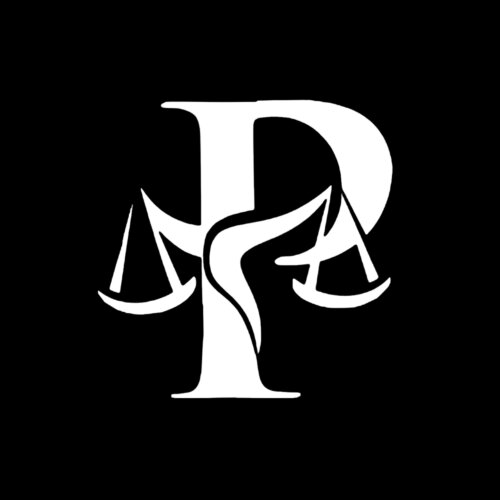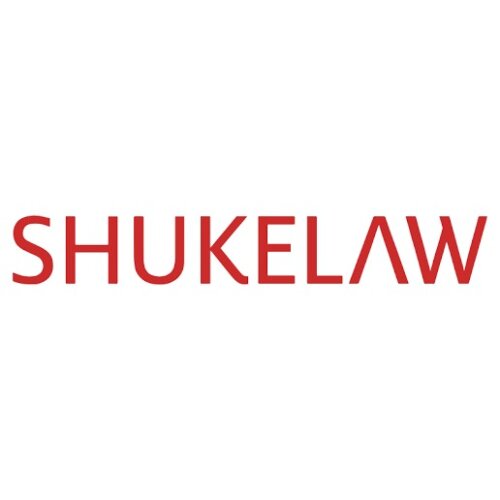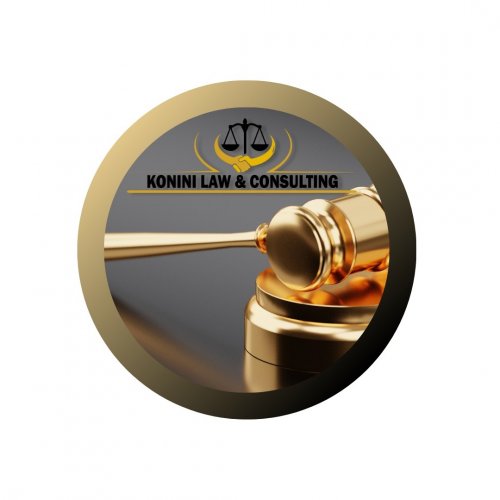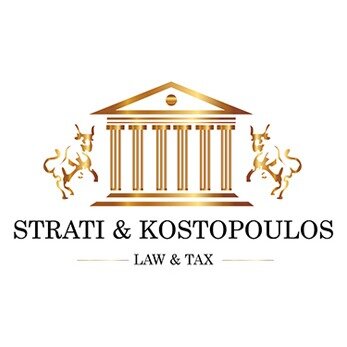Best Corporate Governance Lawyers in Albania
Share your needs with us, get contacted by law firms.
Free. Takes 2 min.
Or refine your search by selecting a city:
List of the best lawyers in Albania
About Corporate Governance Law in Albania
Corporate governance in Albania sets the framework for how companies are directed, managed, and controlled. It defines the relationships among a company’s management, its board, shareholders, and other stakeholders. The legal system in Albania incorporates corporate governance principles to increase transparency, accountability, and efficiency in business entities. With Albania’s ambitions toward further integration into international markets and the European Union, effective corporate governance practices are increasingly important for attracting foreign investment and ensuring sustainable economic growth.
Why You May Need a Lawyer
Engaging a lawyer with expertise in corporate governance is crucial in various scenarios. Common situations include establishing a new company structure, ensuring compliance with reporting and disclosure requirements, handling disputes between shareholders and management, restructuring business operations, or preparing for mergers and acquisitions. Lawyers can also offer guidance on best practices for risk management, changes to corporate bylaws, and adapting to evolving local legislation. Business leaders often need legal assistance to resolve conflicts of interest, ensure proper board composition, and draft agreements that align with Albanian law.
Local Laws Overview
The Albanian legal landscape for corporate governance includes several key laws and regulations. The main legal document is Law No. 9901 "On Entrepreneurs and Companies," which defines the types of companies that can be formed, such as Joint Stock Companies and Limited Liability Companies. It stipulates management structures, shareholder rights, rules for the General Meeting of Shareholders, duties and responsibilities of directors, and transparency requirements. Additionally, the Albanian Financial Supervisory Authority (AFSA) issues regulations for publicly listed companies. International guidelines, such as the OECD Principles of Corporate Governance, also influence Albanian policies.
Regular updates to legislation and practice highlight the importance of proper record keeping, compliance programs, and detailed reporting. Violations of governance standards may result in administrative or criminal liabilities under Albanian law.
Frequently Asked Questions
What is the main law governing corporate governance in Albania?
The primary law is Law No. 9901 "On Entrepreneurs and Companies," which sets out basic requirements and structure for corporate entities.
What are the most common types of companies in Albania?
The most common company types are Limited Liability Companies (Sh.p.k) and Joint Stock Companies (Sha). Each has its own rules regarding structure, management, and reporting.
Who is responsible for ensuring corporate governance compliance in a company?
In most cases, the Board of Directors or equivalent management body is responsible for ensuring compliance with corporate governance requirements.
Are there specific requirements for board composition in Albanian companies?
Yes, particularly for Joint Stock Companies. There are specific qualifications, independence criteria, and diversity recommendations that must be observed.
What rights do shareholders have under Albanian law?
Shareholders have the rights to vote, to receive dividends, to access certain corporate documents, and to participate in General Shareholder Meetings. The law also offers minority shareholder protections.
How are conflicts of interest managed?
Albanian law requires directors and management to disclose any conflict of interest. Procedures must be in place for handling such situations to protect the company and its shareholders.
What are the consequences of failing to comply with corporate governance standards in Albania?
Non-compliance can lead to administrative penalties, cancellation of licenses, damages claims, or even initiation of criminal proceedings in cases of fraud or major breaches.
Do Albanian companies have to follow international standards?
While not mandatory for all companies, listed companies and those with foreign investors often adhere to international standards like OECD Principles. National law is the baseline, but international standards are increasingly influential.
What is the role of the Albanian Financial Supervisory Authority?
AFSA regulates and supervises publicly listed companies and ensures compliance with best practices in corporate governance, including transparency and disclosure obligations.
Can corporate governance arrangements be customized for each company?
Yes, within the boundaries of Albanian law, companies can tailor their internal governance rules and procedures to fit their specific needs, using bylaws, internal regulations, and shareholder agreements.
Additional Resources
- The National Business Center (Qendra Kombëtare e Biznesit - QKB) offers essential services for company registration and filings. - The Albanian Financial Supervisory Authority (AFSA) provides guidance and regulations for corporate governance, especially for listed companies. - The Ministry of Finance and Economy regularly issues updates regarding business and company law. - Chambers of Commerce and professional lawyers’ associations offer seminars and guidance on corporate governance. - The University of Tirana and local legal research centers publish articles and research on the evolving corporate governance framework in Albania.
Next Steps
If you believe you need legal assistance with a corporate governance issue in Albania, start by clearly identifying your concerns or questions. Gather relevant company documents, including your company’s registration certificate, bylaws, and recent corporate records. Research experienced lawyers or legal firms specializing in corporate law and governance. Schedule an initial consultation to discuss your specific situation and seek advice on your options. Staying informed and proactive about governance requirements will help you protect your company’s interests and operate within the law.
Lawzana helps you find the best lawyers and law firms in Albania through a curated and pre-screened list of qualified legal professionals. Our platform offers rankings and detailed profiles of attorneys and law firms, allowing you to compare based on practice areas, including Corporate Governance, experience, and client feedback.
Each profile includes a description of the firm's areas of practice, client reviews, team members and partners, year of establishment, spoken languages, office locations, contact information, social media presence, and any published articles or resources. Most firms on our platform speak English and are experienced in both local and international legal matters.
Get a quote from top-rated law firms in Albania — quickly, securely, and without unnecessary hassle.
Disclaimer:
The information provided on this page is for general informational purposes only and does not constitute legal advice. While we strive to ensure the accuracy and relevance of the content, legal information may change over time, and interpretations of the law can vary. You should always consult with a qualified legal professional for advice specific to your situation.
We disclaim all liability for actions taken or not taken based on the content of this page. If you believe any information is incorrect or outdated, please contact us, and we will review and update it where appropriate.
Browse corporate governance law firms by city in Albania
Refine your search by selecting a city.




